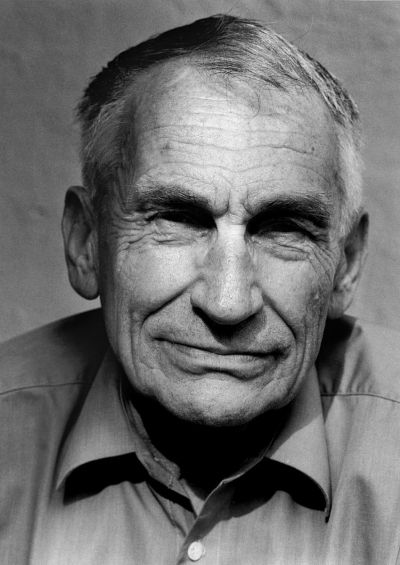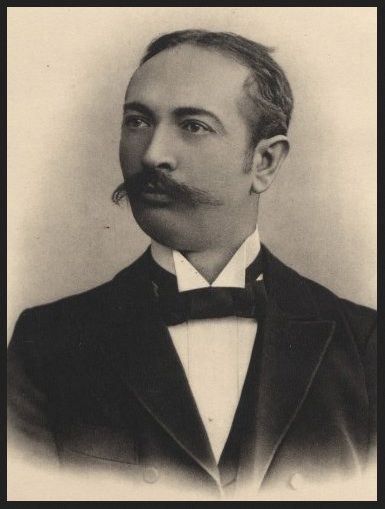Collector, Physicist, Entrepreneur: Tomasz Niewodniczański

Tomasz Niewodniczański was born in Wilna (now known as Vilnius) on 25 September 1933 as the eldest of the Niewodniczański's three children. At this time, his father, Henryk Niewodniczański (1900–1968), was a professor of physics at the Stefan Batory University in Wilna. His mother Irena, née Prawocheńska, was a daughter or Roman Prawocheński (1877–1965), a professor of biology at the Jagiellonen University in Kraków. From 1937 to 1938, his father’s scientific work took Tomasz to Cambridge in England and to Poznań, where he spent part of his childhood. His grandfather, the engineer Wiktor Niewodniczański (1872–1929), was a director of the first electricity company in Wilna. Tomasz Niewodniczański’s first day at school in Wilna coincided with the day on which the Second World War began. After the school closed, he was given private tuition. The family left Wilna in March 1945 and after travelling for seven weeks in an overfilled railway car, they arrived in Lodz. His father took up an appointment as a professor in Wrocław in the same year. In 1946, the family relocated to Kraków, where Henryk Niewodniczański founded the Instytut Fizyki Jądrowej (Institute for Nuclear Physics) at the Jagiellonen University. For the first five years, the family lived in guest rooms in the Institute. Tomasz attended the Liceum Nowodworskie in Kraków and during this time discovered his passion for mountain climbing and skiing, and later for the theatre as well. In 1950 after his school-leaving exam, he started a physics degree at the Jagiellonen University which he finished in 1955 with a master’s thesis in experimental physics. His younger brother, Jerzy Niewodniczański (born in 1936), opted for the same discipline and later became an acknowledged professor of nuclear physics at the Jagiellonen University. From 1955 to 1957, Tomasz Niewodniczański worked at the Instytut Badań Jądrowych PAN (Institute for Nuclear Physics at the Polish Academy of Sciences) in Świerk near Warsaw. He then carried out research at the Institute for Physics at the Technical University in Zurich (ETH). It is here that he wrote his thesis on nuclear physics about neutron scattering and remained at the university as a research assistant until 1963. In Zurich, he met his future wife, the German architecture student and subsequent professor, Marie-Luise Simon. Their wedding was held in Trier. The young couple then moved to Poland. In 1965, Tomasz Niewodniczański took over the management of the Samodzielne Laboratorium Budowy Akceleratora Liniowego (Independent Laboratory for the Construction of a Linear Accelerator) at the Institute for Nuclear Research in Świerk, whilst his wife Marie-Luise had children and worked as an editor and translator from German into Polish. In the sixties they had three sons: Matthäus (born in 1963), Jan (born in 1965) and Roman (born in 1968).
In 1970, the first particle accelerator went into operation at the European Organisation for Nuclear Research (CERN) in Switzerland. The German-Polish Niewodniczańskis returned to the Federal Republic of Germany. Tomasz Niewodniczański then worked at the heavy ion institutes in Heidelberg and in Darmstadt. In 1973, after 18 years of academic work and the publication of numerous scientific articles, he entered the world of business thanks to an offer from his father-in-law to join the family firm Bitburger Brauerei Th. Simon, the beginnings of which date back to 1817. Tomasz Niewodniczański started out as the Director of Personnel responsible for around 2,000 employees. He was valued and well liked by everyone, so much so that he was soon known simply as “Doctor Niwo”. Shortly afterwards, he took over the finance department and became co-owner. When Tomasz Niewodniczański retired at the end of 1998, he noted with pride an annual beer output which had shown a seven-fold increase during his tenure, and an 8% market share for the brewery in Germany.


